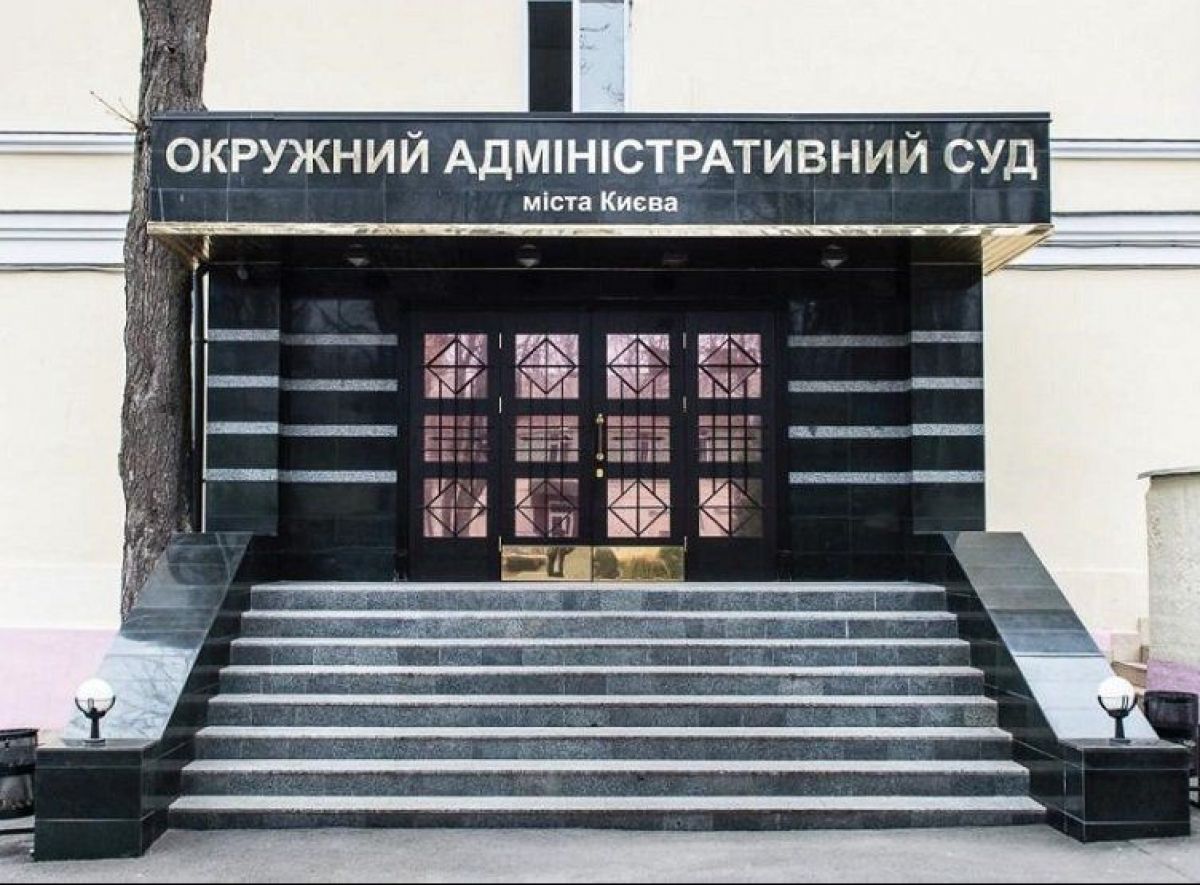According to the last poll by the Ilko Kucheriv Democratic Initiatives Foundation, Ukrainians consider corruption the number one problem obstructing the country’s development, even more than the war in Donbas. Corruption scares away potential investors and makes life harder both for Ukrainian business and the general public. Now, the situation in Ukraine’s judiciary is barely mentioned abroad, as the country’s president and author of judicial reform, Petro Poroshenko, has already reported on its successful completion. In fact, it is the courts which sometimes do not have the opportunity to punish those guilty of corruption – the main goal of the country’s anti-corruption policy.
A common yet misleading view in Ukrainian society is that people involved in high-level corruption remain unpunished because the new anti-corruption institutions are ineffective. The National Anti-Corruption Bureau (NABU) and the Specialized Anti-Corruption Prosecutor’s Office (SAPO) were created in 2015 to fight serious corruption. However, these are only the first two links in the process, while the judiciary as the final instance is responsible for passing verdicts.
The independent Council for Public Control at NABU (CPC NABU) was created to control the NABU’s activities. Recently, it came up with a monitoring of court proceedings regarding the NABU cases during a period of six months (March-August 2018) to show what happens to NABU cases after they are directed to courts.
“From the beginning of the anti-corruption institutions’ work, there was a lot of speculation and manipulation going on. It is not surprising because the thirst for blood, for quick court verdicts has arisen in Ukrainian society,” explained member of the PBC NABU Artem Romaniukov on the need for the monitoring.
- 73 cases under consideration;
- 49 cases where consideration had not yet started;
- 33 verdicts, with two involving sentencing.
In the majority of cases, the accused have agreed to cooperate with the investigation.
According to the CPC NABU, the cooperation agreements are good for the work of NABU and SAPO, because those accused plead guilty and cooperate with the investigation on other cases and provide valuable evidence. Also, they help to relieve courts because such cases usually do not require many hearings. Mostly, agreements were reached with the “smaller fish” involved in corruption.
What’s the problem with courts?
The CPC NABU‘s monitoring sheds light on the main reason why NABU cases get stuck in court: Ukraine’s judiciary cannot manage the workload.
During 2017, courts of first instances received 2,976,555 cases. Also somewhat more than half a million cases were still awaiting court consideration from previous years.
Representatives of the CPC NABU also analyzed cases on the transparency of the court hearings. However, they decided not to include the analysis of the most high-profile cases in their system monitoring. Therefore, it reveals the general trends.
“54% of the hearings we attended did not take place. The majority (64%) of them because court members were absent: vacations, sick leave and participation in another cases. 42% of hearings lasted less than 30 minutes. That is why in fact the cases are considered over two to three years,” said Vadym Valko, a coordinator and the analyst of the monitoring.
SAPO prosecutor Vitaliy Kravets also confirmed the problem:
“Now seven of my cases are in court. But we managed to submit materials for only two of them. I’m waiting to submit materials for another case, consisting of 30 volumes. l don’t even have room for it in my cabinet, because all the shelves are stuffed with case materials. It shouldn’t be this way, all the materials in the case should be in court.”
Many cases come to a standstill because they should be considered by a board of three judges which is often hard to organize.
According to the monitoring, there were no restrictions on the presence of free observers during the hearings. However, in general, the public wasn’t too interested. Most journalists prefer to attend initial hearings when it’s announced what the accused is suspected of having committed. However, at this stage of proceedings, less information on the pre-trial investigation is usually disclosed.
The myth of NABU’s ineffectiveness

NABU is often blamed for providing courts with weak cases, which is the reason why they end up falling apart.
In a conversation with Euromaidan Press, Artem Romaniukov acknowledged that lawyers have thousands of procedural comments to NABU detectives and the work of the detectives is sometimes unprofessional. However, the cases are not weak.
“It’s the lawyers of the accused or their relatives blaming NABU of providing weak proof for the cases. They can’t be considered objective. There hasn’t been a single acquittal in any case. So the cases don’t fall apart in court.”
The expert points out that there are some attempts to make the cases fall apart, and the goal is to whitewash the suspects.
“Let’s take this example: the Ministry of Defence case regarding the theft of UAH 149mn ($5.3mn) worth of fuel. One of the accused in the case turned himself in to NABU, even though he had been hiding abroad. He claims that the evidence doesn’t fit some criteria. Of course, this appeal is nonsense, and it will fail in court. However, the process will eat up time. In the meanwhile, this suspect, who has the money and the media resources, will trumpet out that the case is politically motivated and that the NABU is the wrongdoer, not him. Probably, he got the money for these PR actions through the schemes he is being accused of. And after these corruptionists enter politics, which they often do, it becomes harder for law enforcement to target them, as they start saying that any accusation is politically motivated.”
The problems of Ukraine’s judiciary have led representatives of Ukraine’s civil society to come up with the idea of creating an anti-corruption high court, which would deal exclusively with top-level corruption cases. The process of its creation has already been launched.








